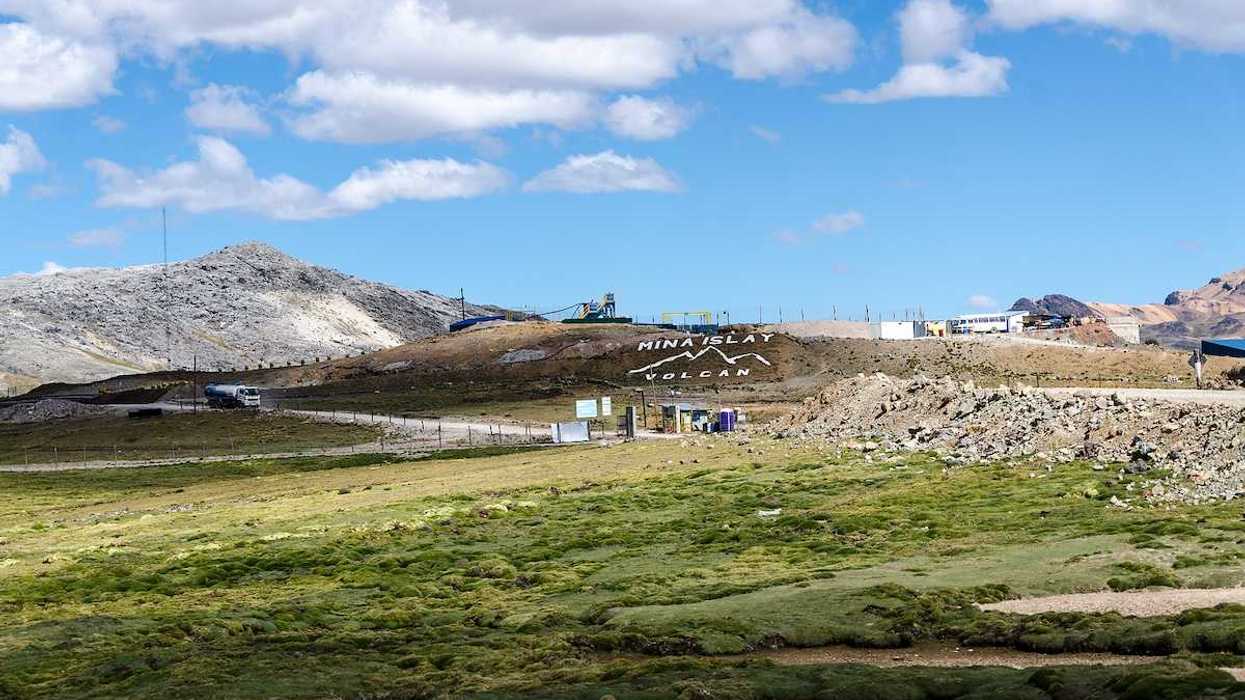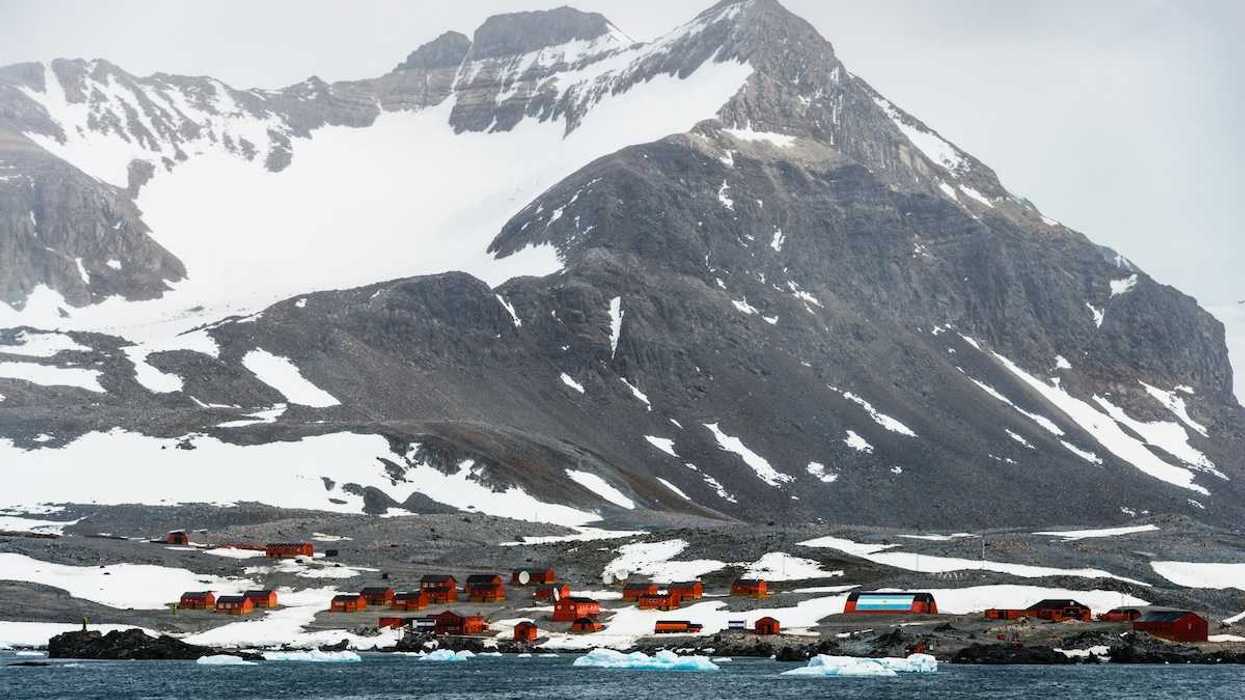A recent study by René van Westen showcases how melting Arctic freshwater could disrupt the Atlantic Ocean's circulation, potentially leading to abrupt climate changes.
Sarah Kaplan reports for The Washington Post.
In short:
- The Atlantic Meridional Overturning Circulation (AMOC), crucial for regulating climate and weather patterns, may be nearing a critical "tipping point" due to increased freshwater from melting ice.
- Historical data and advanced simulations indicate the AMOC has shut down before, with significant global climate implications.
- Recent observations suggest the AMOC is weakening, raising concerns about its stability and the rapid, severe consequences of its potential collapse.
Key quote:
“In simple terms [it] would be a combined food and water security crisis on a global scale.”
— Tim Lenton, climate scientist at the University of Exeter
Why this matters:
Understanding and monitoring the AMOC's stability is vital for predicting future climate changes. A collapse could drastically alter weather patterns, affect global food and water security, and challenge our ability to adapt. Solutions exist but competing interests slow implementation.














